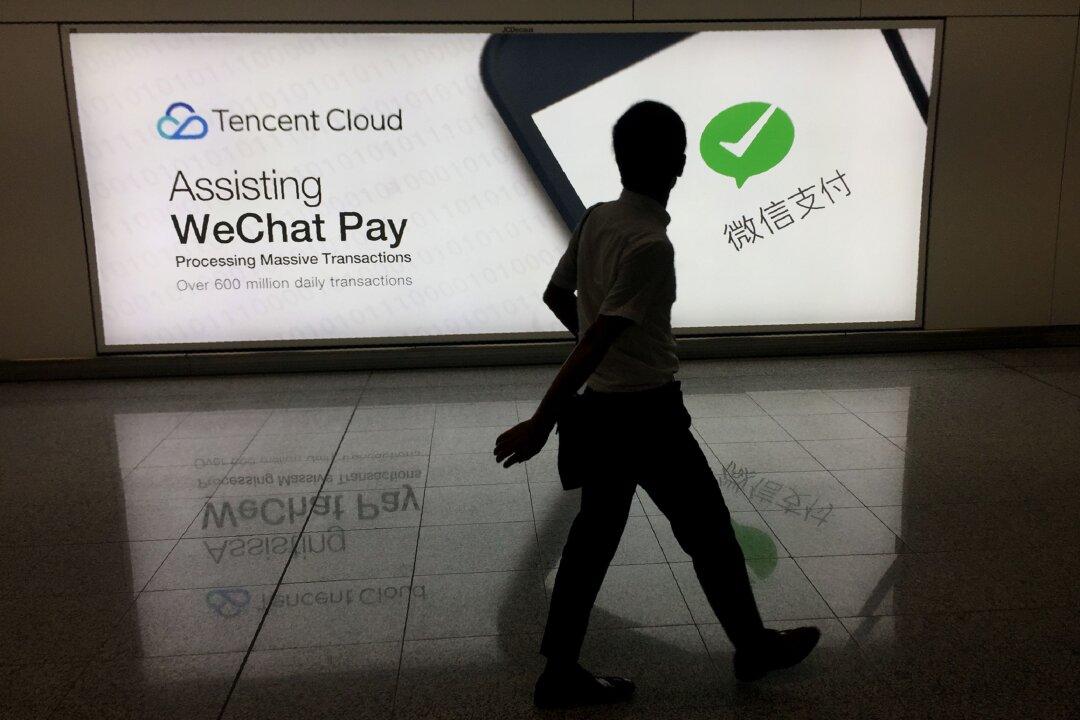WeChat and TikTok will likely feel the brunt of more regulation after U.S. President Donald Trump signed off on two executive orders banning transactions with the Chinese-backed apps.
On Aug. 6, the president signed the two orders barring U.S. citizens and entities (government and businesses) from conducting commercial transactions with the parent companies of both apps, ByteDance and Tencent Holdings.





